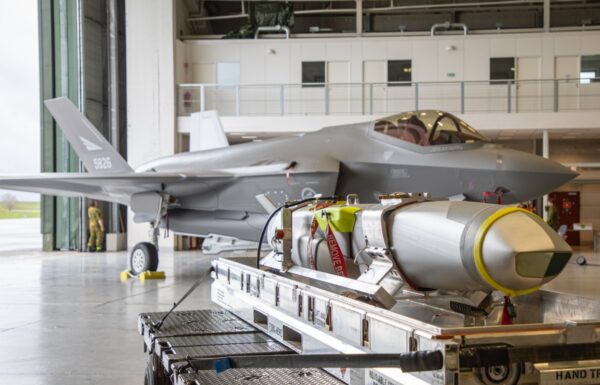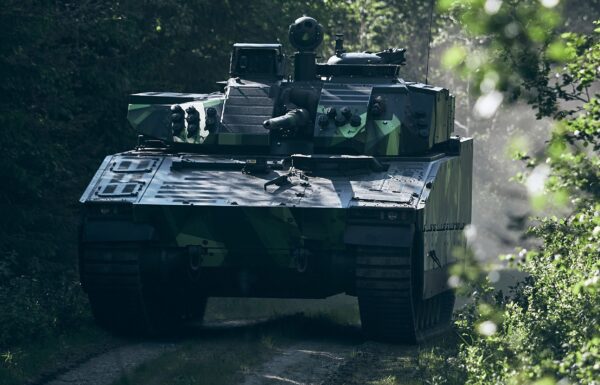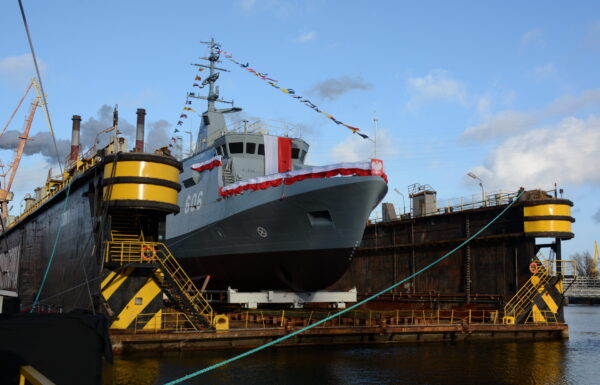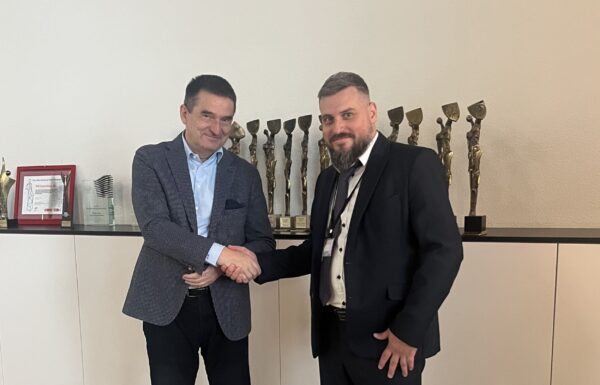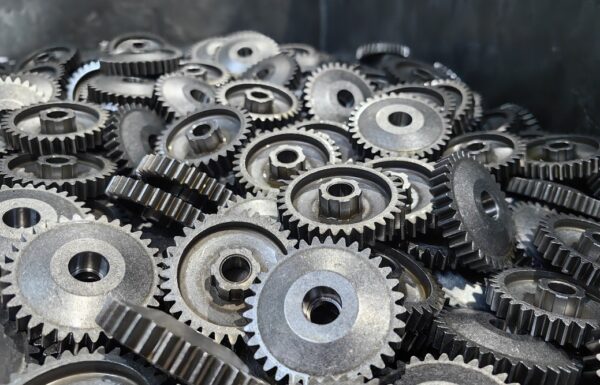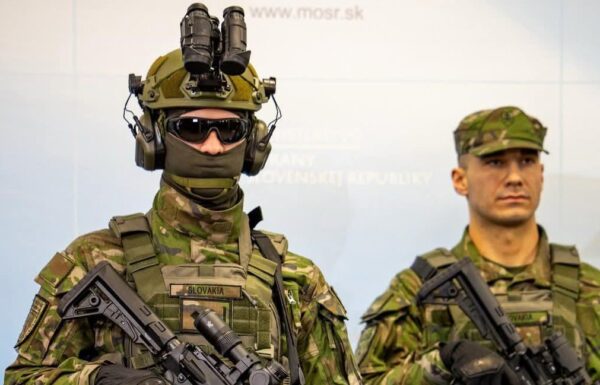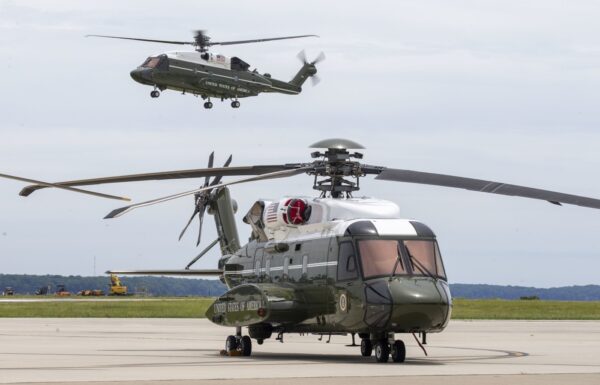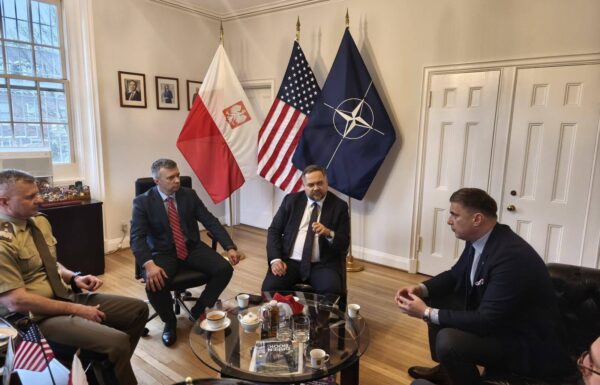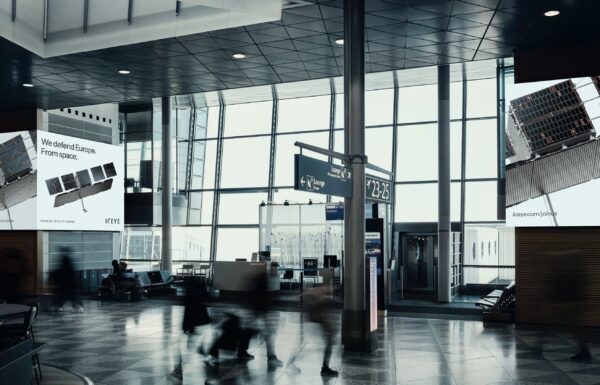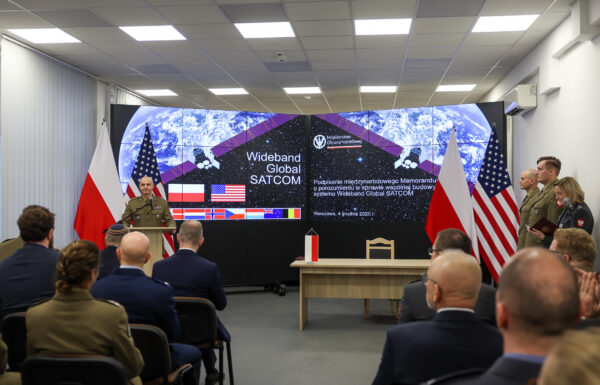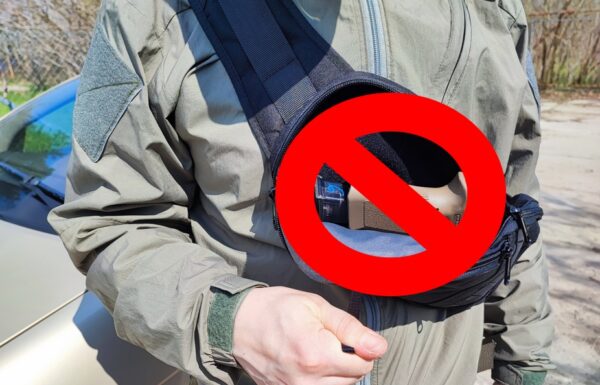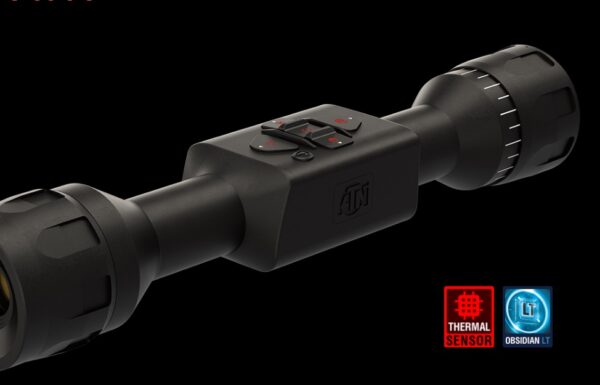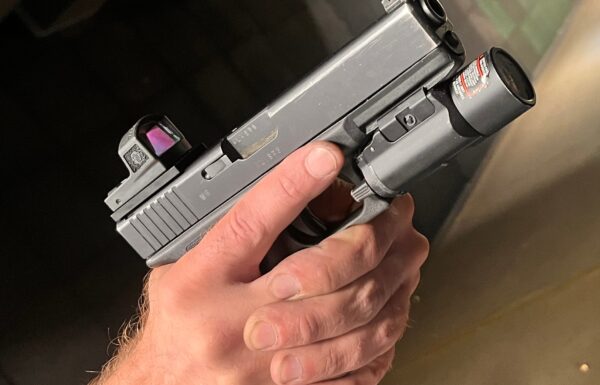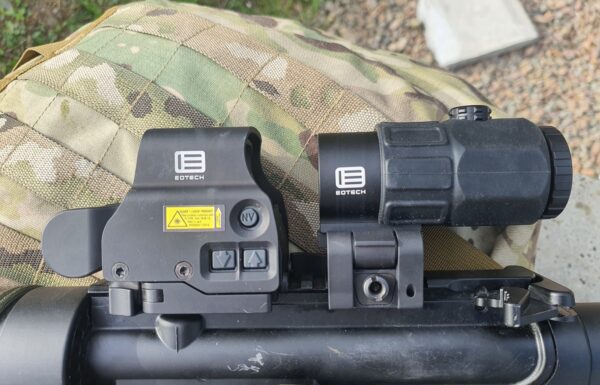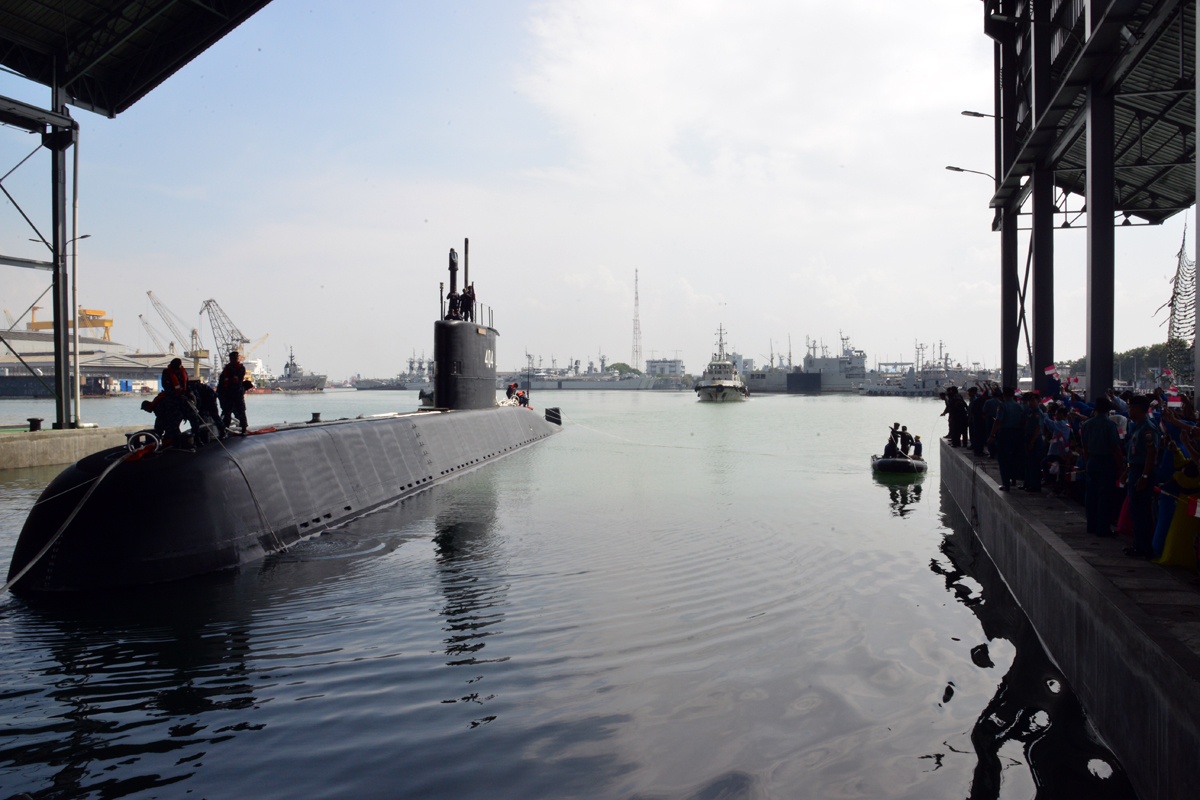KRI Alugoro, the third in the Indonesian Nagapasa class diesel-electric submarine, and the first vessel of this class to be built in the country, is readied for commissioning.
KRI Ardadedali, the second of the Nagapasa class submarines, enters the sea port in Surabaya / Image: Indonesian MoD
According to various media reports, Air Marshal Hadi Tjahjanto, Joint Chief of Staff of the Indonesian National Armed Forces, confirmed that the Nagapasa class submarine, KRI Alugoro, is expected to enter the service any time soon. The vessel was built by the local PT PAL shipyard in Surabaya under the Transfer of Technology agreement signed with South Korean Daewoo Shipbuilding & Marine Engineering.
KRI Alugoro will join the previously commissioned vessels of the Nagapasa class, KRI Nagapasa and KRI Ardadedali, which were built in Korea with help from PT PAL and entered the service, accordingly, in 2017 and 2018. Nagapasa class submarines are built according to the Chang Bogo/type 209(1400) design, which, however, was modified to comply with the requirements of the Indonesian Navy.
On 12th April the governments of Indonesia and South Korea signed a contract with DSME for the production and acquisition of another batch of Nagapasa class submarines. The deal, worth approx. $1 billion, calls for procurement of three additional vessels, which will be built by DSME and PT PAL under a teaming agreement. It is expected that the final submarine on this batch will be delivered by 2026.
Comment:
The first three Nagapasa class diesel-electric submarines were built under the terms of the agreement signed in 2011 and worth approx. $1,1 billion. In general, Indonesian Navy has a requirement for a dozen such vessels, which will enhance its operational capability and significantly boost country’s defensive potential.
Thanks to the Nagapasa program, Indonesia, a country which until lately had no experience in constructing submarines, will gain knowledge and experience required to commence (or speed up) its own works on such vessels. Ability to independently, or with minor help from foreign partners, design, build and commission such technically advanced vessels as submarines, will help the country to achieve new capabilities in controlling and defending its own waters.


